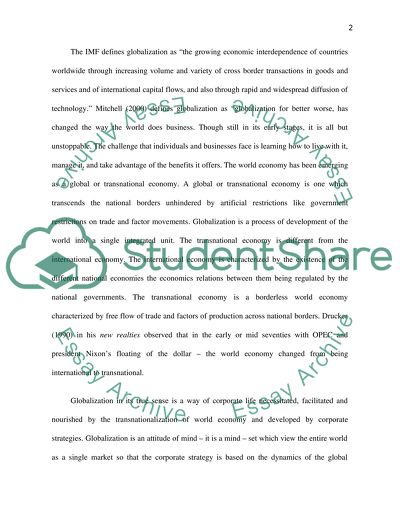Cite this document
(Globalization's Pros and Cons for Business Assignment, n.d.)
Globalization's Pros and Cons for Business Assignment. Retrieved from https://studentshare.org/social-science/1501043-globalization-essay
Globalization's Pros and Cons for Business Assignment. Retrieved from https://studentshare.org/social-science/1501043-globalization-essay
(Globalization'S Pros and Cons for Business Assignment)
Globalization'S Pros and Cons for Business Assignment. https://studentshare.org/social-science/1501043-globalization-essay.
Globalization'S Pros and Cons for Business Assignment. https://studentshare.org/social-science/1501043-globalization-essay.
“Globalization'S Pros and Cons for Business Assignment”, n.d. https://studentshare.org/social-science/1501043-globalization-essay.


